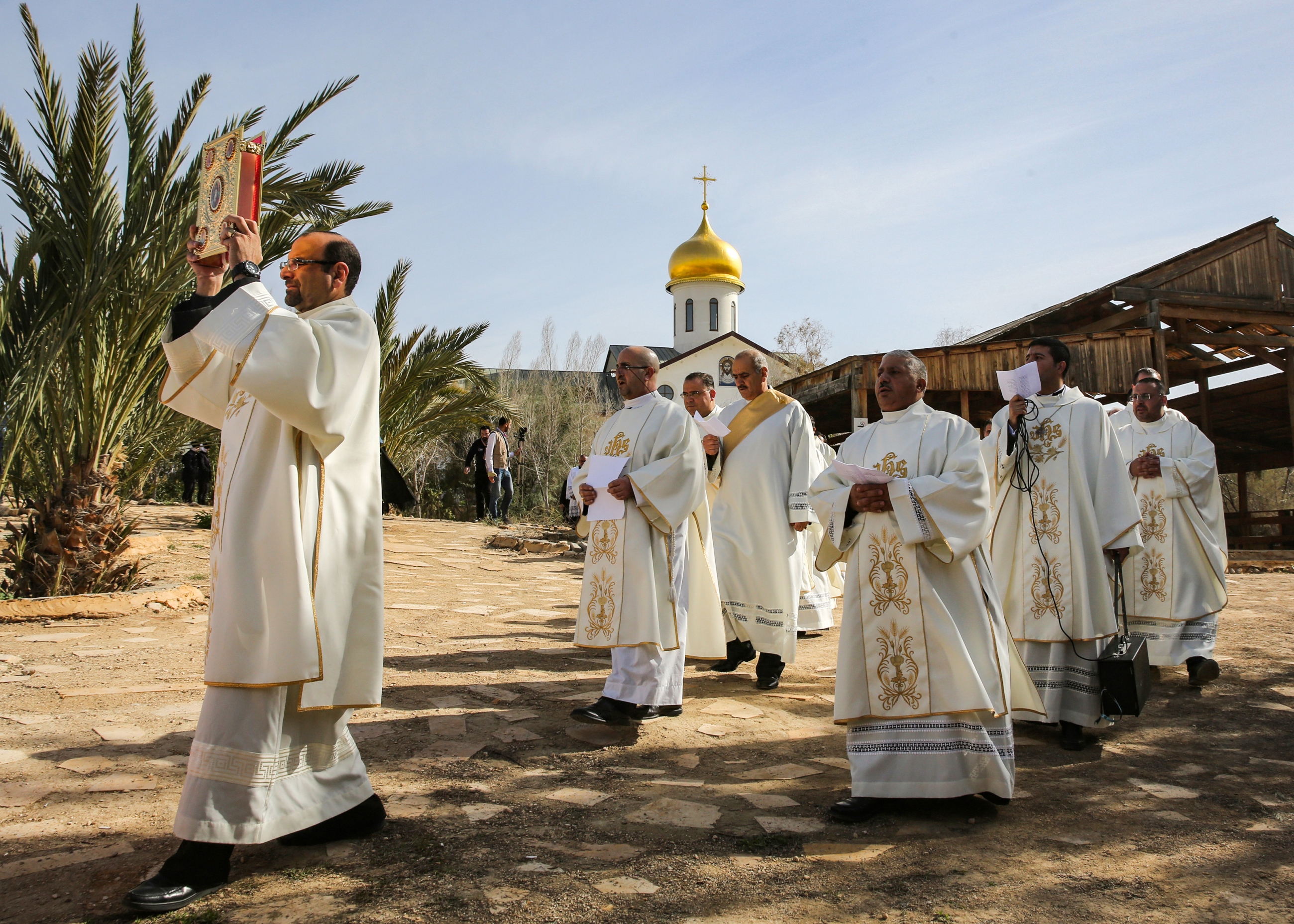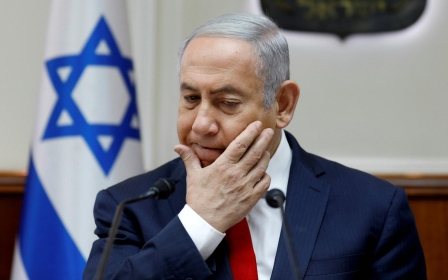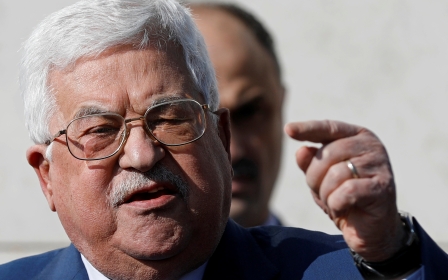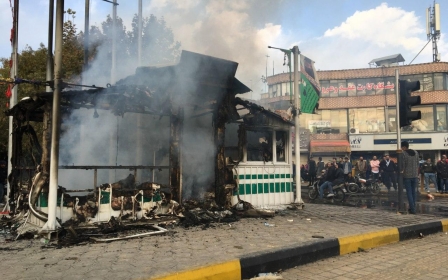Israeli press review: Israel held secret talks to ease tension with Jordan

A third election in prospect?
A poll by newspaper Israel Hayom on Friday indicated that another legislative election was unlikely to solve the political deadlock in the country, after both Prime Minister Benjamin Netanyahu and his rival Benny Gantz of the Blue and White party failed to form a government.
Israeli Knesset members have less than two weeks to choose a political leader to form a government; otherwise, the country will be gearing up for its third election in less than a year.
Despite his indictment on corruption charges, 88 percent of Likud members said that they prefer Netanyahu to continue leading the party. Gideon Saar, a former minister, comes in far behind in second place, with 8 percent popularity within the Likud.
Meanwhile, 45 percent of Israelis said Netanyahu is suitable to lead the country, while 39 percent said that Gantz should be the next prime minister.
New MEE newsletter: Jerusalem Dispatch
Sign up to get the latest insights and analysis on Israel-Palestine, alongside Turkey Unpacked and other MEE newsletters
Netanyahu’s indictment last week stirred the country, with calls on him to step down. But, according to the Israel Hayom poll, only 42 percent of respondents said that Netanyahu should resign if he faced court, while 12 percent said that he does not have to leave. A remaining 45 percent said they were unsure.
More than half of Israelis - 57 percent - said they preferred for politicians to sit down and form a national unity government, as they believe a third election will not solve the political deadlock. Just 26 percent said that a third election would be the solution.
War plan against Iran
The newly appointed Israeli defence minister is concocting a war plan against “Iran’s presence in Syria”, Ynet reported.
Naftali Bennett was appointed by Netanyahu earlier this month as interim defence minister until a proper Israeli government is formed.
Bennett said this week that he had asked the Israeli army to no longer release the bodies of Palestinians killed by Israeli forces, regardless of their political affiliations.
Just a few days into his new position, the Israeli army assassinated Islamic Jihad commander Baha Abu al-Atta in an air strike on his home in the besieged Gaza Strip, leading to two days of fighting in which 34 Palestinians were killed by Israeli air strikes, including women and children, before a ceasefire was agreed.
This time, Bennett’s war plan reportedly involves launching an all-out assault against Iranian forces and its allied militias in Syria, according to Ynet, in order to force them to withdraw from the war-torn country.
Bennett said in his talks with army officials that Israel should use the “window of troubles” - referring to ongoing protests in Iran, Iraq, and Lebanon - to strike hard.
He argued that instead of waiting for Iranians to come closer to the Israeli-occupied Syrian Golan Heights, “we should switch to attacks to push them back”, adding that the United States or Russia wouldn’t do Israel's work for it.
However, Ynet quotes defence authorities as saying that Israel was not ready for a war or for “a daily 1,200 rockets” should conflict break out with Iran, which would have a devastating outcome on water, electricity, transport and loss of life in Israel.
Secret London meeting with Jordan
Israel’s President Reuven Rivlin secretly met with Jordanian Prince Ghazi bin Muhammad, a top adviser to Jordanian King Abdullah II, in London on Wednesday, Haaretz reported.
Israel and Jordan's relationship has taken a hit after Jordan refused to extend Israel's 25-year lease of two areas in the Jordan Valley. Israel also administratively detained two Jordanian citizens, who went on hunger strike for more than a month to protest against their detention before they were released earlier this month.
On Thursday, Jordanians demonstrated in their hundreds in the capital Amman, asking their government not to import Israeli gas as part of an agreement set to take effect in early 2020.
Rivlin discussed with Gazi bin Muhammad the possibility of working on a joint tourism project to develop two Christian baptismal sites along the Jordan River.
Al-Maghtas, where Christians believe Jesus was baptised by the John the Baptist, lies in the Jordan river valley some 50 kilometres southwest of Amman. Tens of thousands of Christian pilgrims flock to the site every year.
Israeli media said that Rivlin could potentially visit the Hashemite Kingdom to ease tensions between the two countries.
A statement by Rivlin’s office said that "promoting and developing the site would be a significant element in building bridges between peoples and religions… The two sides look forward to continued dialogue on the issue".
The 25th anniversary of the peace treaty between Israel and Jordan occurred on 26 October.
* Israeli press review is a digest of reports that are not independently verified as accurate by Middle East Eye.
Middle East Eye delivers independent and unrivalled coverage and analysis of the Middle East, North Africa and beyond. To learn more about republishing this content and the associated fees, please fill out this form. More about MEE can be found here.




